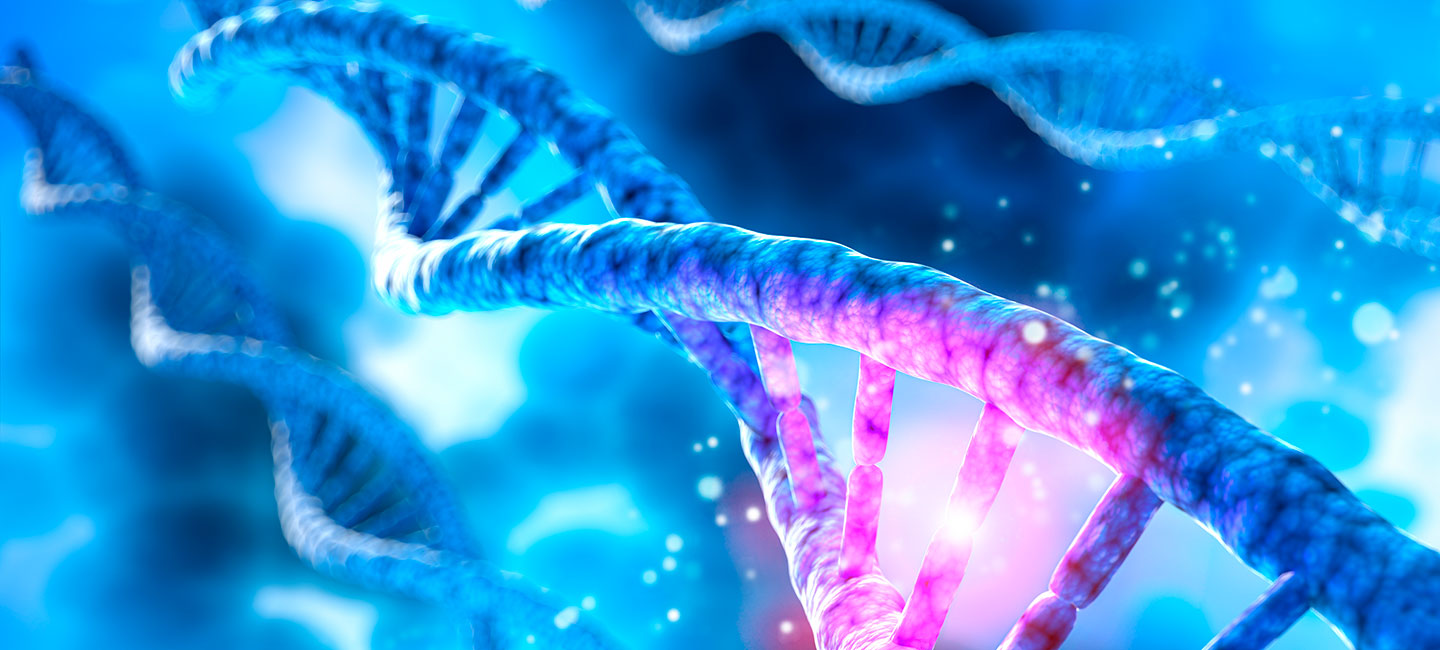Beyond BRCA: Know Your Inherited Cancer Risk
Genetic testing for inherited cancer risk may be recommended depending on your personal and family history of cancer. You can gauge your risk for an inherited breast cancer gene by looking at your personal and family history. There are some features that may be present in a family that would make an inherited cancer risk more likely. These include:
- Breast cancer in two or more generations
- Two or more people on the same side of the family with the same type of cancer
- A family member with more than one type of cancer
- Family members diagnosed with breast cancer at a young age (generally younger than age 50, this also applies to other types of cancer)
- A family member with a rare type of cancer (ovarian cancer)
- Certain ethnic backgrounds, like Ashkenazi Jewish ancestry, in which inherited cancer risk may be more common
When meeting with a genetic counselor, you will discuss different options for genetic testing. Typically, genetic testing for inherited breast cancer risk includes more than the BRCA1 & BRCA2 genes, as there are many other genes that can cause a higher breast cancer risk in families. This type of testing is called multi-gene panel testing, where many genes are analyzed at once to help clarify whether someone has an inherited cancer risk.
Other genes that can increase your risk for breast cancer are:
- ATM
- Causes about a 30 to 40% increased risk for breast cancer and an increased risk for pancreatic cancer. ATM is a more recently described gene and we are still learning if other cancer types may be associated with it.
- CHEK2
- CHEK2 mutations are associated with about 25 to 30% lifetime risk of developing breast cancer (this risk may be higher depending on the family history of breast cancer). Having a mutation in CHEK2 is also known to cause a slightly increased risk for colorectal cancer.
- PALB2
- Having a mutation in the PALB2 gene can cause up to 58% lifetime risk for breast cancer. Additionally, it is also associated with an increased risk for pancreatic cancer.
- CDH1
- CDH1 mutations cause a hereditary cancer condition called Hereditary Diffuse Gastric Cancer (HDGC), which is associated with an increased risk for a specific type of stomach cancer in both men and women. Women with HDGC also have a higher risk for lobular breast cancer. This syndrome is rare.
- TP53
- Mutations in the TP53 gene cause a condition called Li-Fraumeni syndrome (LFS). LFS causes a high lifetime risk for cancer, including a very young onset breast cancer, cancers of the brain, sarcoma (cancers of the bone and soft tissue) and cancer of the adrenal gland. This is also a more unusual inherited cancer condition.
This article was written by Moffitt Certified Genetic Counselor Christine Steele.



